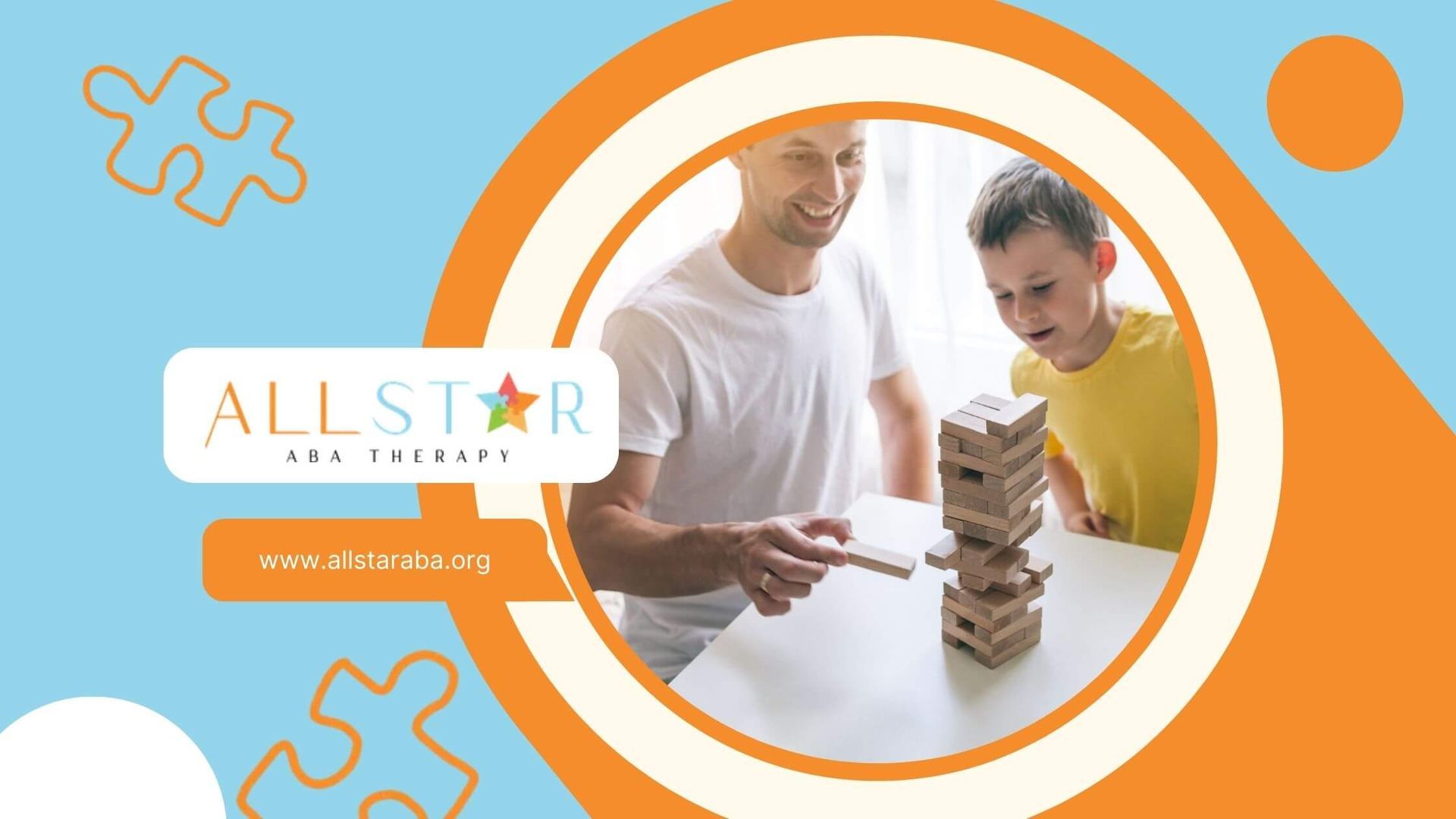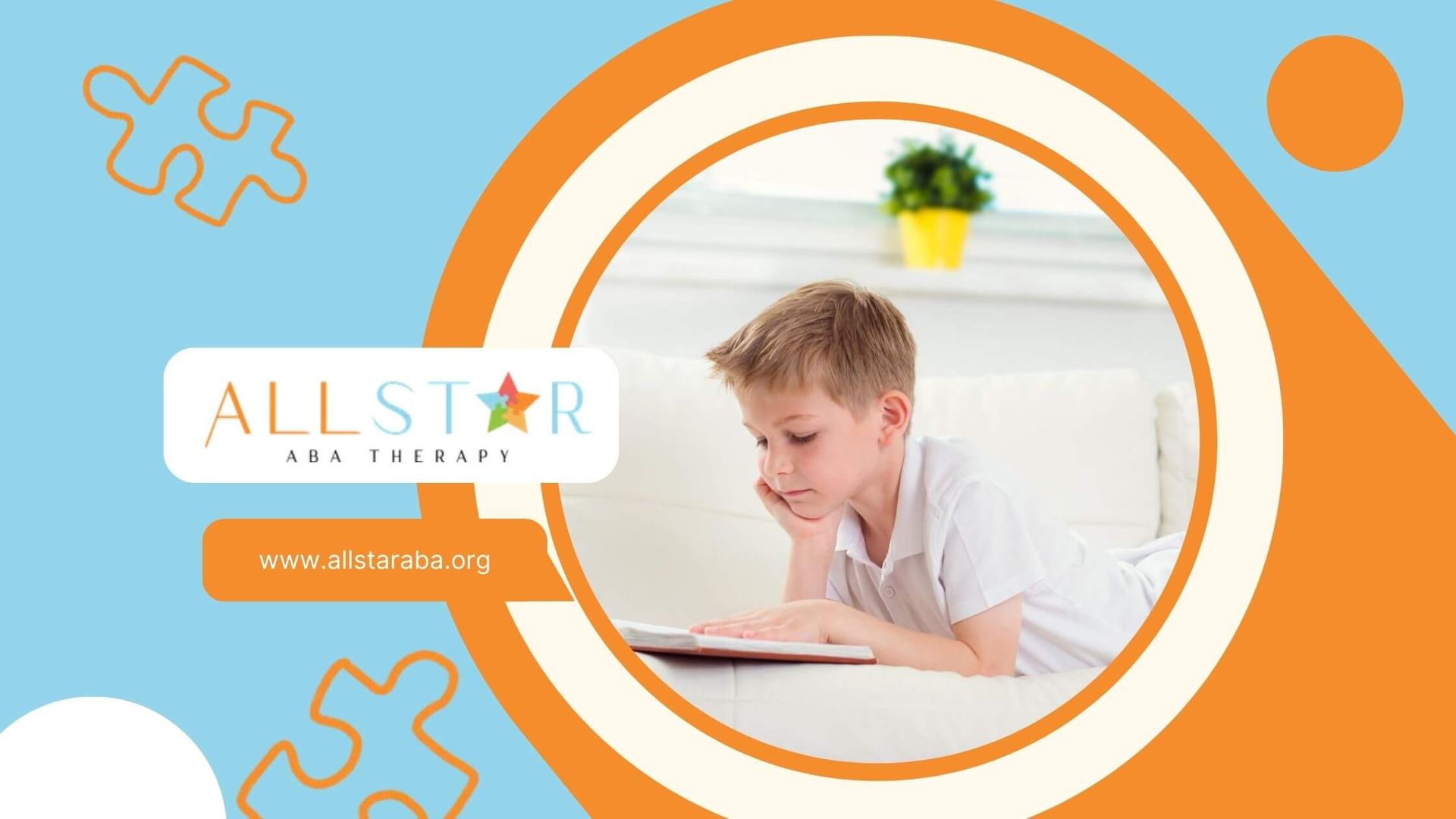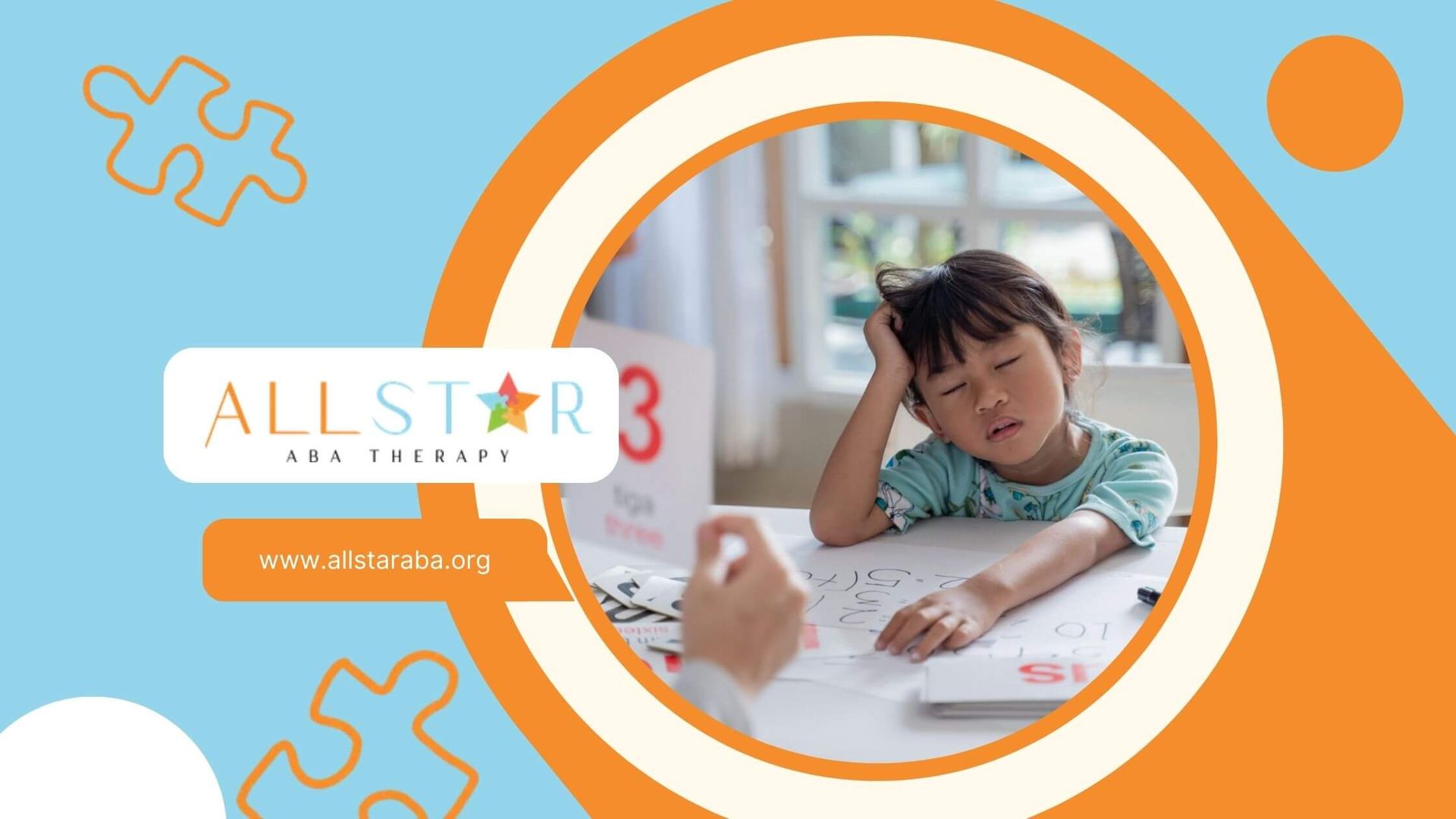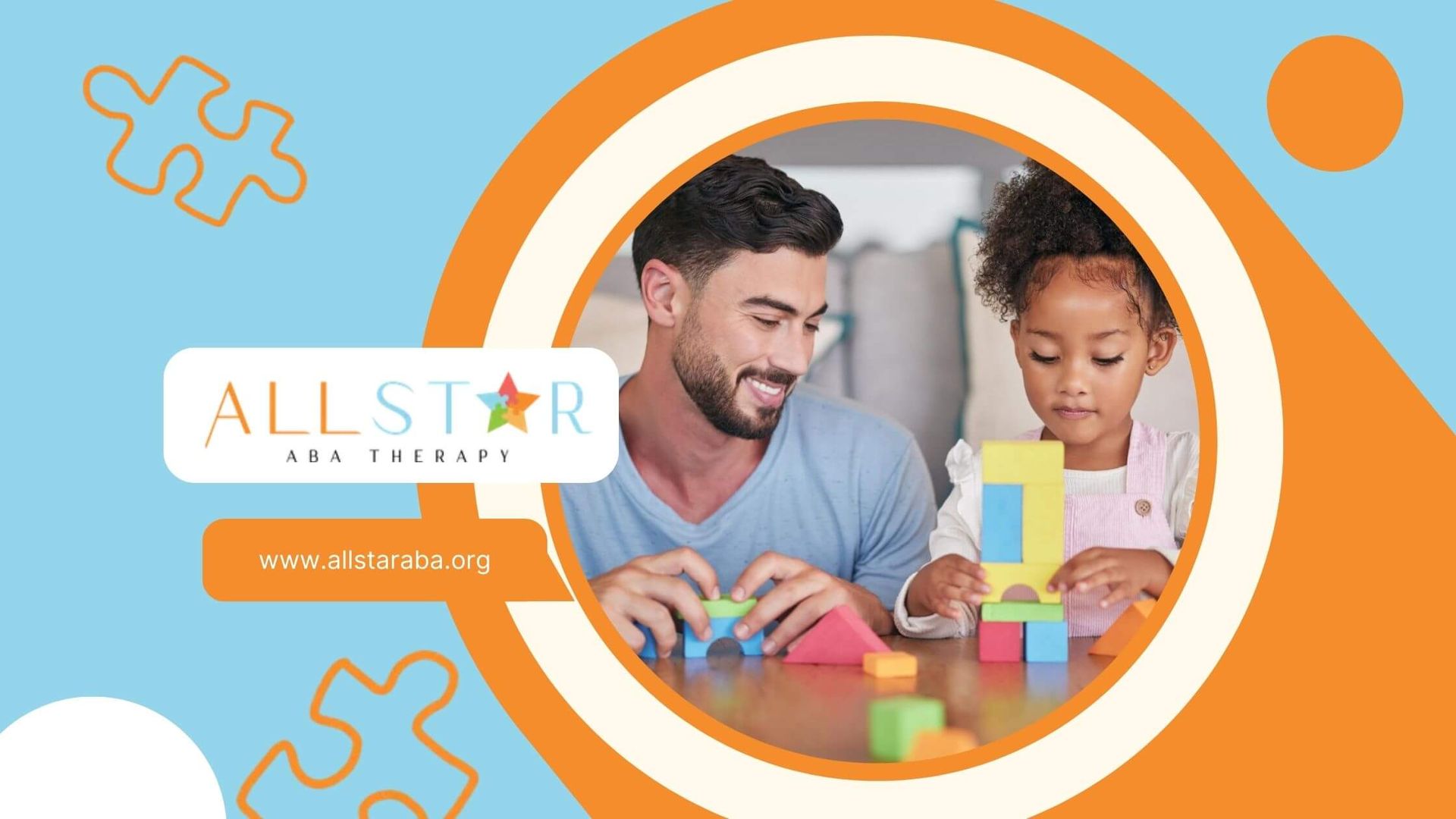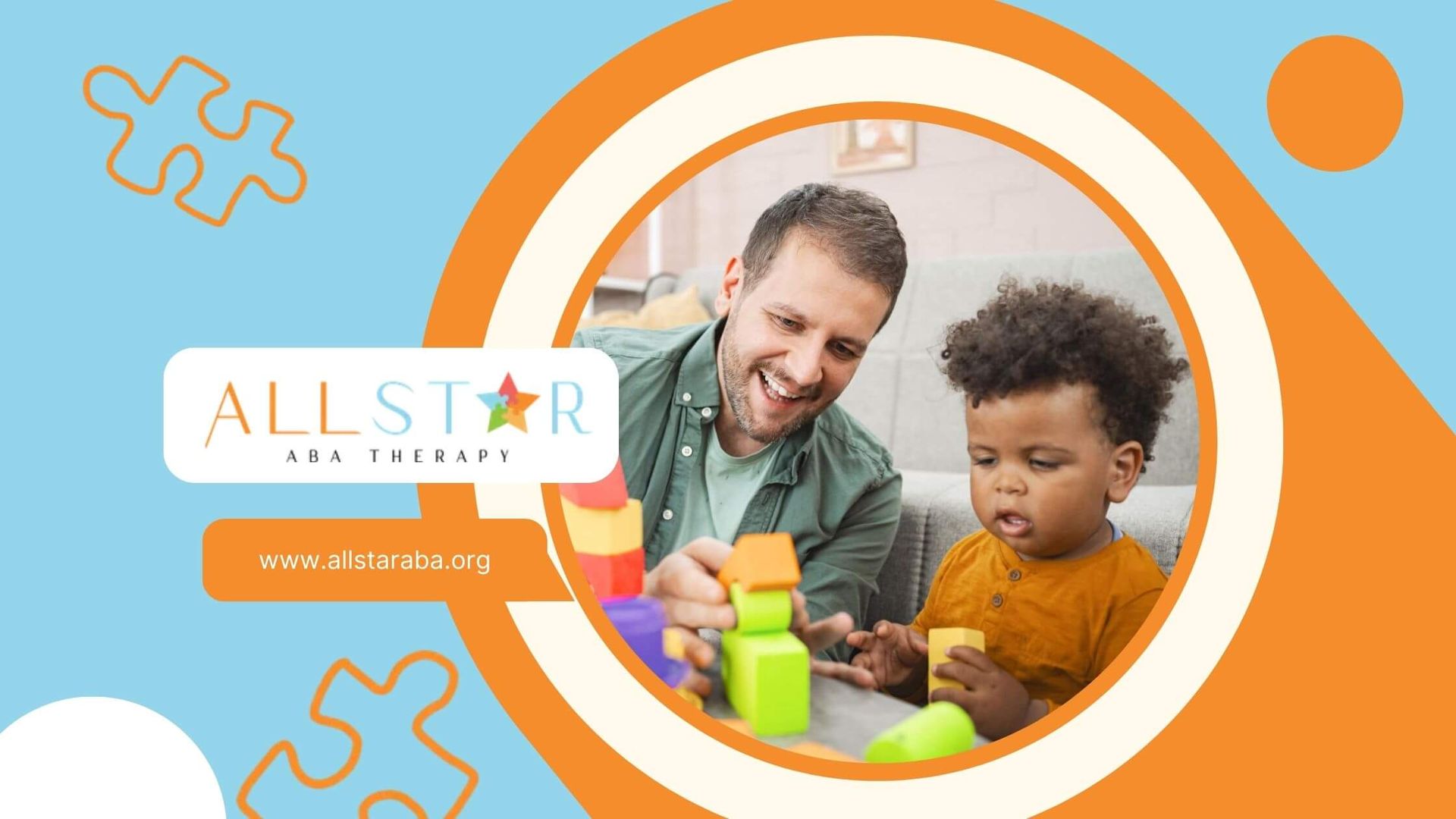New Paragraph
Do Autistic People Have a Sixth Sense? Understanding Sensory Perception
It’s a question that has sparked curiosity and even confusion—do people with autism have a “sixth sense” or an extra ability to sense things beyond the usual five senses?
While this may sound like something out of a science fiction story, the truth is more grounded in how the brain processes sensory information and emotions.
The Sensory Sensitivity of Autism
People with autism often experience heightened sensitivity or, in some cases, a reduced sensitivity to their environment. This can sometimes give the impression that they have a “sixth sense.”
For example, an autistic person might:
- Be more sensitive to lights, sounds, or smells.
- Notice small details that others might overlook.
- React strongly to certain textures, tastes, or sounds.
These heightened sensitivities are not supernatural—they are the result of the brain processing sensory input in unique ways. What seems like a “sixth sense” is simply a different way of experiencing the world.
Enhanced Attention to Detail
Some autistic individuals can have an exceptional ability to notice patterns, details, or sensory cues that others miss.
This isn’t a mysterious ability, but rather an intense focus that allows them to hone in on aspects of their surroundings in ways that may seem extraordinary.
This attention to detail can sometimes be misinterpreted as having a special or heightened sense.
Social Perception and Intuition
In social settings, many people with autism might struggle with reading body language, understanding tone, or picking up on subtle social cues.
However, some individuals with autism can develop an acute awareness of certain social dynamics, especially when they feel comfortable or have had positive experiences.
This “intuition” is often the result of learning and adapting over time rather than a supernatural gift.
The Myth of the “Sixth Sense”
While the idea of a “sixth sense” can be captivating, the reality is that autism involves a different way of processing information.
The sensory sensitivities and attentiveness to detail that some autistic individuals experience may feel extraordinary, but they are part of how the brain works. It’s important to acknowledge these unique traits as aspects of neurodiversity, not as mystical abilities.
At All Star ABA, we’re dedicated to helping children thrive through personalized, evidence-based ABA therapy. Whether your child experiences heightened sensitivities, seeks more sensory input, or struggles with sensory overload, our team is here to provide compassionate guidance and meaningful progress.
We proudly serve families across Maryland and Virginia, offering flexible, high-quality ABA therapy options to meet your family’s unique needs:
- In-home ABA therapy: Support delivered right where your child is most comfortable.
- Center-based ABA therapy: A structured environment designed to encourage learning and social development.
- School-based ABA therapy: Collaborative support that helps your child succeed in their educational setting.
- ABA parent training: Empowering families with tools and strategies to encourage progress at home and beyond.
If you’re looking for a trusted partner on your child’s developmental journey, we’re here to help. Contact us to learn more about our mission and services.
FAQs
What is ABA Therapy for Autism and How Does It Work?
Applied Behavior Analysis (ABA) therapy is a widely recognized and evidence-based approach for treating children with autism spectrum disorder (ASD). ABA therapy focuses on teaching essential life skills by reinforcing positive behaviors and reducing challenging ones. It helps children improve communication, social skills, daily living activities, and adaptive behaviors. At All Star ABA, we use customized ABA therapy techniques to create meaningful progress for each child based on their unique needs.
What is Sensory Sensitivity in Autism and How Does It Affect Behavior?
Many children with autism experience sensory sensitivities that can affect how they respond to light, sound, textures, and other sensory inputs. These sensitivities can result in behaviors like covering ears, avoiding certain textures, or becoming overwhelmed by bright lights. ABA therapy at All Star ABA helps children learn strategies to cope with and manage these sensitivities, reducing the impact of sensory overload on daily life.
How Does ABA Therapy Help with Sensory Processing Differences in Autism?
ABA therapy is highly effective for children with autism who experience sensory processing challenges. Our therapists use personalized, evidence-based techniques to help children manage sensory sensitivities, whether they are over-responsive (e.g., overly sensitive to sounds or lights) or under-responsive. By teaching coping strategies and reinforcing adaptive behaviors, ABA therapy supports children in managing sensory overload and promoting more comfortable experiences.
Need Support?
We're Here to Help!
Our experienced team is ready to assist you. Reach out today to discuss how we can support your child's development and well-being.
Get started with expert ABA therapy today.



